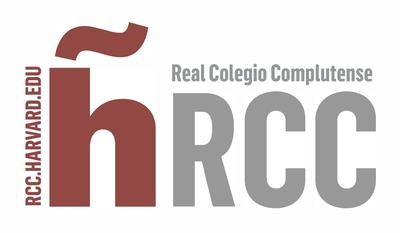Date:
Location:
The work La Escuela Española de Economía (The Spanish School of Economics) analyses the origins of Economics as a science in the works of Spanish scholastic authors of XVI and XVII centuries.
The discovery of America in the year 1492 produced a first globalization with large migratory movements of the European population towards the New World. There was a great increase in maritime transport and trade in the Atlantic Ocean, which led to the need to study the moral disputes that derived from colonization and market transactions. Consequently, the Spanish scholastics authors studied the political and economic issues in the universities of Salamanca, Palencia. Valladolid, Alcala de Henares, Seville or Valencia. Their works propitiated the correct identification of most of the economic principles, but the political authorities did not use their ideas in defence of the market and the limited government. In fact, their ideas were transmitted towards Europe and America, thanks to the Latin, as the common academic language at that time, and to the use of the technology of the printing press, contributing to the Glorious Revolution (1688) in England and to the Thirteen Colonies Revolution in America (1775-1783).

This talk analyzes the works of Juan de Mariana and vindicates the use of the denomination of Spanish School to correctly refer to those Spanish scholastic authors of the sixteenth and seventeenth centuries, due to their important contributions in the field of political economy but, also, in the fields of moral philosophy, law and theology. This research claims the importance of scholastic thought for the conception of an institutional framework, which is focused on the defense of individual rights (life, liberty, property and equal treatment before the law), the market, peaceful trade in goods and services and sovereignty of the people. Also those Spanish authors defended the principle of consent and the limitation of the political power of the rulers, together with the separation of powers, the judicial independence of judges and courts and, in extreme cases, the right of rebellion of the people against tyrants.
Speaker: Ángel Fernández Álvarez, Spanish Ministry of Finance; History of Economic Thought Research Group, Department of History and Economic Institutions, Complutense University of Madrid.
